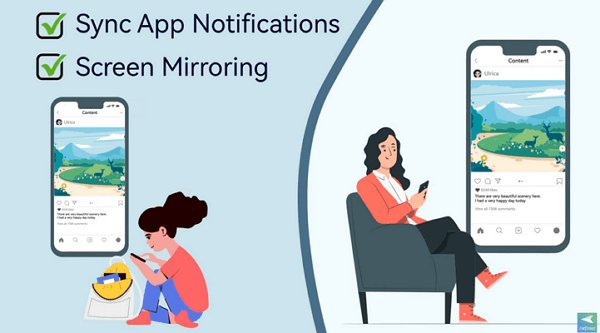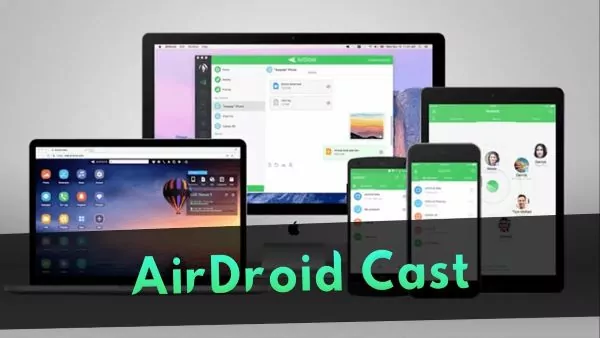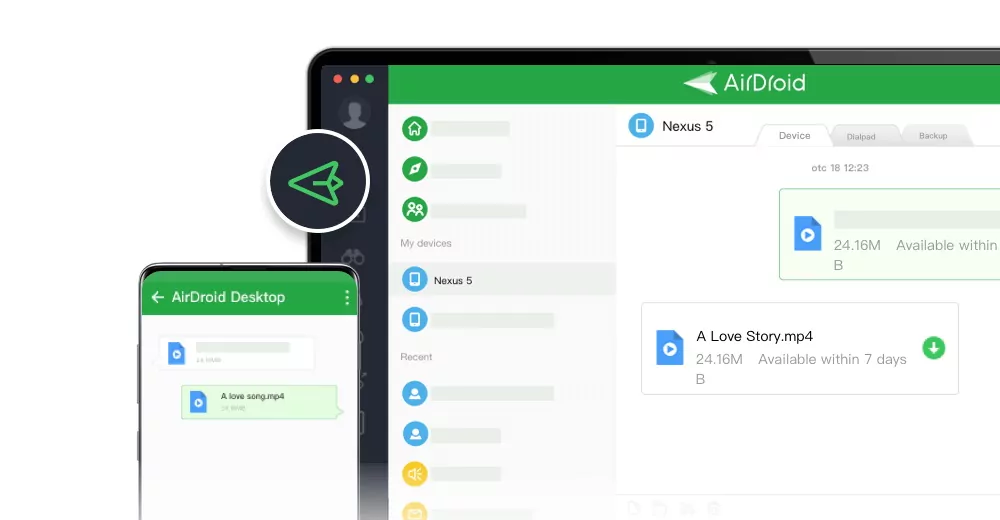YOLO Meaning: Definition, Origin, Use Examples, and More
YOLO is a catchy expression that has become commonplace in modern society. Especially among the younger generations, it has popular use on many social media sites and in daily speech. The term has also gone viral because of its frequent media appearances, including songs, TV shows, and movies.

Drake's 2011 song "The Motto," which featured Lil Wayne, is responsible for the phrase's increased visibility and popularity. Since then, YOLO has exploded in popularity as a rallying cry for those who believe life is too short to do anything except live to the fullest.
This article examines YOLO from every angle, from its meaning and history to some concrete instances of how it has been used by individuals all around the globe.
1What Does YOLO Mean?
YOLO stands for "You Only Live Once." It is a proverb encouraging people to make the most of their lives and "seize the day" in everything they do. Take chances, make the most of possibilities, and focus on the here and now rather than letting anxiety about the future hold you back since these are the core tenants of the "YOLO" philosophy.
Over the years, YOLO has amassed a growing following, especially among younger people who identify with the philosophy's emphasis on living in the now and seizing every opportunity to try something new. It has become a famous slogan for those interested in trying new things, and it has been used in various situations to encourage freedom of expression, spontaneity, and creativity.
Others regard the phrase "you only live once" as a reminder to make the most of one's life and to seize chances when they present themselves, in contrast to others who perceive it as an encouragement to participate in risky activity.
2The Origin of YOLO
The slogan "YOLO" (You Only Live Once) has been around since the early 2000s, although its roots can be traced back to hip-hop. It is unclear who initially used the word. However, it is widely held that California and other West Coast hip-hop community members popularized it. It was a call to arms for young people to stop worrying about other people's thoughts and start making the most of every moment.
When Drake and Lil Wayne's 2011 song "The Motto" used the phrase, it immediately became a cultural phenomenon. By singing it repeatedly, Drake uses the phrase "You Only Live Once" as the song's chorus. The song skyrocketed to the top of the charts, and its heavy rotation on radio and in nightclubs spread the YOLO mantra to the masses.
After "The Motto" was released, YOLO was everywhere: in advertising, T-shirts, and social media postings. Despite its widespread use, the phrase "you only live once" (YOLO) has been attacked by many who see it as an excuse for risky conduct or as a meaningless catchphrase.
3How Is YOLO Used?
The phrase "YOLO" is used in several circumstances to encourage a carefree and adventurous attitude toward life. It's a popular motto on social media, where individuals use it to capture their experiences and inspire others to live in the now.
Here are some examples of some YOLO use cases:
Fitness
YOLO is also used to encourage health and fitness. Someone can, for example, upload a picture of oneself completing a marathon with the message "YOLO - I never thought I could run a marathon, but I'm so glad I tried!"
Adventure
The phrase "YOLO" often urges individuals to attempt new things and seek adventure. Someone can, for example, share a picture of oneself skydiving with the message, "YOLO - this was the craziest thing I've ever done, but I'm so glad I did it!"
Career
Sometimes the phrase "YOLO" is used to urge individuals to take chances in their jobs. Someone can, for example, post a picture of oneself at a new job with the comment, "YOLO - taking a risk on this job was scary, but it's already paying off!"
Socializing
YOLO also urges individuals to get out and meet new people. Someone, for example, uploads a picture of oneself at a party with the comment, "YOLO - had an amazing time with my friends last night!"
Travel
The phrase "YOLO" is often used to encourage travel and adventure. Someone can, for example, publish a picture of oneself on a mountaintop with the message "YOLO - climbing this mountain was the best decision I ever made."
4Who Uses YOLO Mostly?
People of various ages and backgrounds use the word "YOLO," although it is most popular among younger generations. Here are some subheadings that will help you understand who utilizes YOLO the most:
- Millennials and Generation Z: Millennials and Generation Z, who grew up in an age of social media and continuous contact, are the most likely to utilize YOLO. These generations favor adventure and travel above material belongings and value experiences more.
- Social Media Influencers: Social media influencers often use YOLO, who earn a career by marketing things and activities to their followers. They utilize the term to inspire their fans to do new things and live their lives to the fullest.
- Creatives: Artists, musicians, and authors are also attracted to the YOLO mentality because it encourages creativity, spontaneity, and self-expression. They use the slogan to motivate others to take chances and follow their dreams.
- Adventure Seekers: YOLO is also used by adventurous people who seek out new experiences. Extreme sports fans, travelers, and anybody who appreciates the pleasure of attempting something new fall into this category.
- People in Transition: People going through a big life shift, such as changing jobs or relocating to a new place, often use the phrase YOLO. These people use the term to remind themselves to seize fresh chances and make the most of their new circumstances.
5Why YOLO Is So Popular Among Teenagers?
There is a lot of pressure on teenagers to act in ways that are accepted by society. They can express their uniqueness and defy conventional norms by adopting the YOLO philosophy.
In addition, apps like Instagram, TikTok, and Snapchat have made it simpler than ever for young people to broadcast their daily lives to their online communities. Using the catchy word "YOLO," these events can be framed in a way that makes them easier to talk about with others.
Adolescents are in a developmental period when they are testing the waters and discovering who they are. The ethos of "YOLO" encourages people to act on their desire for risk-taking and spontaneity.
Additionally, many youngsters reject conventional wisdom in favor of more modern perspectives. YOLO allows people to break free of their past and move on with a positive attitude. These days' youth place a higher value on having fun than on having plenty of stuff.
6What Are the Behavioral Influences of YOLO?
YOLO is a mentality that can impact behavior and decision-making, not merely a catchy word or slogan. Here are some of YOLO's behavioral influences:
People who practice YOLO can also de-prioritize the possible repercussions of their behavior to live in the now and seize chances. This might lead to riskier or less careful conduct than would otherwise be the case.
YOLO encourages individuals to take chances and try new things. This can lead to more daring conduct, such as participating in extreme sports, visiting new areas, or experimenting with new cuisines or activities.
Individuality and self-expression are emphasized in YOLO, which encourages individuals to break away from conventional conventions and expectations. This might result in conduct that violates conventional assumptions and goes against the grain.
YOLO supports the philosophy of emphasizing experiences above stuff, urging individuals to invest in memorable events. This might lead to a preference for adventure and travel above material belongings.
7Check If Your Kid Is Using WBU in Their Chats and Beware of YOLO Mindset
Parents are worried about their child's internet activities and the language they use in conversations. While YOLO seems innocuous and enjoyable, its relationship with risk-taking and impulsiveness might be concerning.
To guarantee your child's safety and well-being, be conscious of their language and any potentially harmful behavior they can exhibit. One method is to use AirDroid Parental Control, an app that enables you to monitor your child's internet behavior and protect them from any threats.

AirDroid Parental Control is a novel software that allows you to monitor your child's phone behavior remotely. You can monitor your child's online activities and ensure they use their phone safely and responsibly with features like real-time location tracking, app use monitoring, and site blocking. One of the essential features of AirDroid Parental Control is the ability to monitor your child's chat language, including if they use phrases like YOLO.
Key Features
- Track your child's phone location in real time.
- Monitor the apps your child is using on their phone.
- Block inappropriate or dangerous apps for your child.
- Monitor your child's chats on various social media platforms and instant messaging apps.
7Final Thought
It's important to monitor your kid's internet activities to ensure they're safe and sound. With the proliferation of phrases like "YOLO," parents have a greater responsibility than ever to supervise their children's online activity and conversations to prevent unwanted or harmful outcomes.
You can keep your kid safe by keeping tabs on their phone remotely using AirDroid Parental Control. Tracking your child's whereabouts in real-time, keeping tabs on what they're doing in their apps, blocking inappropriate websites, and keeping tabs on their chats are all ways to keep an eye on their smartphone use. If you're concerned about your kid's safety using their mobile device, you need AirDroid Parental Control.












Leave a Reply.